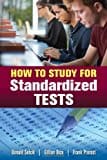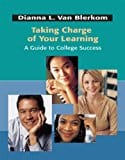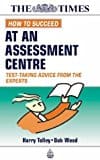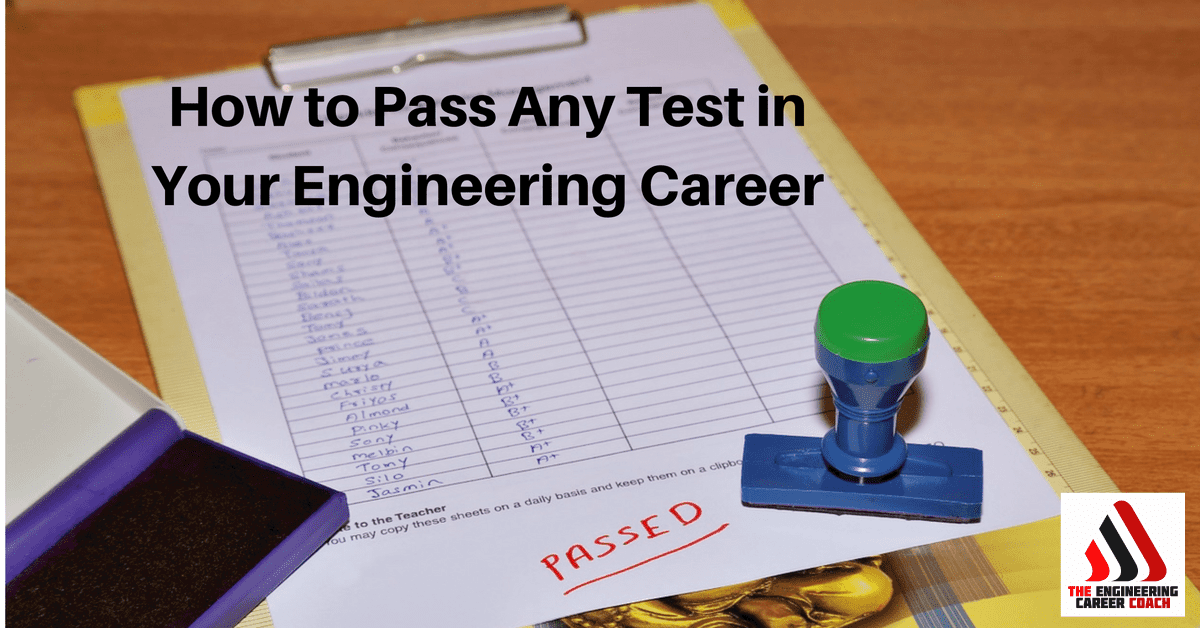This is a guest post by William Merunka, EIT, LEED AP.
While we may not like it, we face many tests in our engineering career. These may be exams for specific certifications, a test of your negotiation skills when trying to land a major client, or even your debate skills when trying to convince a town to approve a major construction project that you have spent countless hours on to develop the best environmental and economic design. No matter what kind of test you are faced with, if you are not prepared, your chance of passing will not be that great. In this article I will discuss a few steps that you can take to get prepared. While my examples will relate closely to the Fundamentals of Engineering (FE) exam that I recently passed, these steps can be applied to any kind of test.
Know the rules/guidelines: It is important to know the rules and guidelines that need to be followed. Familiarize yourself with these guidelines so you know exactly what you are expected to do and how you need to do it. What tools/references are you allowed to bring, and which ones are you not allowed to bring. For academic exams, it is important to read admission guidelines. It would be terrible to spend countless hours studying for an 8 hour FE (also referred to as the EIT) exam only to be turned away because you arrived too late or you leave your admission ticket and/or personal identification at home.
Choose the proper tools: What tools can you bring to the exam with you? For the FE exam, the only reference you can have with you is an approved reference manual that you are supplied with on the day of the exam and you also must bring a calculator specified on the approved list of calculators. While the calculator list may appear to only be “simple” calculators, they have a lot of functions that can prove very valuable during the exam if you choose the correct calculator and learn how to use it properly. If you’re taking the Principles and Practice of Engineering (PE) exam, you are allowed to bring your own reference manuals. As of this time, you are permitted to bring any book you want and as many as you want. While technically you may be allowed to bring in 20 books with you, it will be nearly impossible to search through 20 different books to find information you need to solve problems on the exam, and complete the exam on time.
Budget your time successfully: For most tests you will be given a specific amount of time to complete it. Know what the time restraints are and budget your time so that you can finish in the allotted time. For the FE or PE exams, you can figure out about how much time you can spend on each question. If you find that you are taking longer than your budgeted time, move on to the next question and return to it later. If at a town meeting, know how much time they will give you to speak and present your case. Make sure you allow enough time to present all of your points. Prior to your presentation, if you see that there are some points that the town board members fully agree with you on, adjust your presentation so that you spend less time on those topics and focus more on the controversial areas to help the town understand your point of view and why the project would be good for them. If limited with your time, why waste time on something that everybody agrees on when there are bigger topics that could make or break the project.
[widgets_on_pages id=”New AdSense 9-2016″]
Work smarter, not harder. The most important thing to remember is to work smarter and not harder. If you can get the requested result by only working out part of a solution, only solve the part you need. For example, let’s say you are taking the FE exam and they ask you to find the adjoint of a 3×3 matrix. Instead of finding the full adjoint, solve for only 2 or 3 of the positions. By the time you get to the second position, you may already be able to eliminate most if not all of the wrong solutions. Why spend 2-3 minutes when you can eliminate all the wrong answers within 1 minute. It is also important to know the tools that you will be using. Your calculator can save you a lot of time on the FE exam. Instead of calculating permutations, or standard deviations by formula, you can easily get the answer on the calculator by punching a few buttons. While it is good to know and understand the formula, the exam doesn’t take into account if you did it by hand or by calculator. The time you save by using the calculator, will give you extra time when you get to harder questions that you may not be very comfortable with.
If you do not pass the test the first time, you will have more opportunities in the future to do it again. Use your experience from the failed attempts to make future attempts better. If you failed the FE exam and find that you had trouble getting to all the questions, work on improving your speed. This might be accomplished by doing more sample problems, learning to use the calculator better, or even getting better acquainted with the reference manual so you know where to find certain formulas. If a town turns down your project, determine why it was turned down. Is there something in the design that they would have preferred to see? Or maybe the design was fine, but it just wasn’t right for the proposed location. While you may not get the required outcome the first time, you can always amend the design and go for approval again. If you take into account some of the towns’ desires and wishes with the amended design, they may be willing to forget about some of the other issues that they originally did not approve.
[widgets_on_pages id=”New AdSense 9-2016″]
What are some other ways that you personally prepare for tests? Remember, techniques and strategies used for one test can be used on other tests also. Good Luck on your next test!!!
William Merunka, the author of this post is a civil engineer. You can follow him on his journey to be a great engineer by connecting with him on LinkedIn.
Helpful products related to this content:
How to Succeed at an Assessment Centre: Test-taking Advice from the Experts | ||
 |  |  |
We would love to hear any questions you might have or stories you might share on the challenges you are facing when taking tests.
Please leave your comments, feedback or questions in the section below.
[widgets_on_pages id=”TECC Free Resources”]
To your success,
Anthony Fasano, PE, LEED AP
Engineering Management Institute
Author of Engineer Your Own Success









Hi I am currently studying electrical engineering in South Africa and I wondered what is the starting salary for a junior engineer that just came out of university?